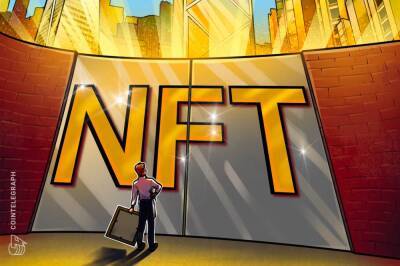The Credit Suisse leaks expose an industry that has got away with too much for too long
How do the banks continue to get away with it? The latest revelations about Credit Suisse provide yet another glimpse into the corrosive nexus of banks, corporations, accountants, lawyers and financial intermediaries that enables the wealthy and political elites to profit from illicit practices.
The bank itself is no stranger to predatory practices. Since 2001 it has been fined at least 47 times by the US authorities and paid fines totalling $10.7bn. Since 2010, it has also been fined on at least six occasions by the UK’s Financial Conduct Authority (FCA) and paid fines totalling more than £300m. The fines have become just another cost of doing business, and are passed on to customers.
Credit Suisse is not alone. The roll of dishonour shown by the Panama Papers, Paradise Papers, Pandora Papers, HSBC leaks, Luxembourg leaks and others shows that virtually every major bank is involved in predatory practices. All these leaks have provoked a public debate – but have drawn a minimal response from governments.
Credit Suisse is authorised by the FCA, and the latest revelations ought to trigger an independent inquiry in its UK operations, especially as the bank is a repeat offender. However, the chances of that happening are low. The UK government is busy promoting deregulation and a culture of entrepreneurialism – and will not wish to highlight the darker side of this.
This culture is a major enabling factor in predatory practices. In the City of London, stealing a march on a competitor, at almost any price, to gain a financial advantage is considered to be a skill, while promotion, status and profits are linked with meeting business targets. In such a system any “deal” is acceptable as long as it is profitable.
The problem resides
Read more on theguardian.com



















